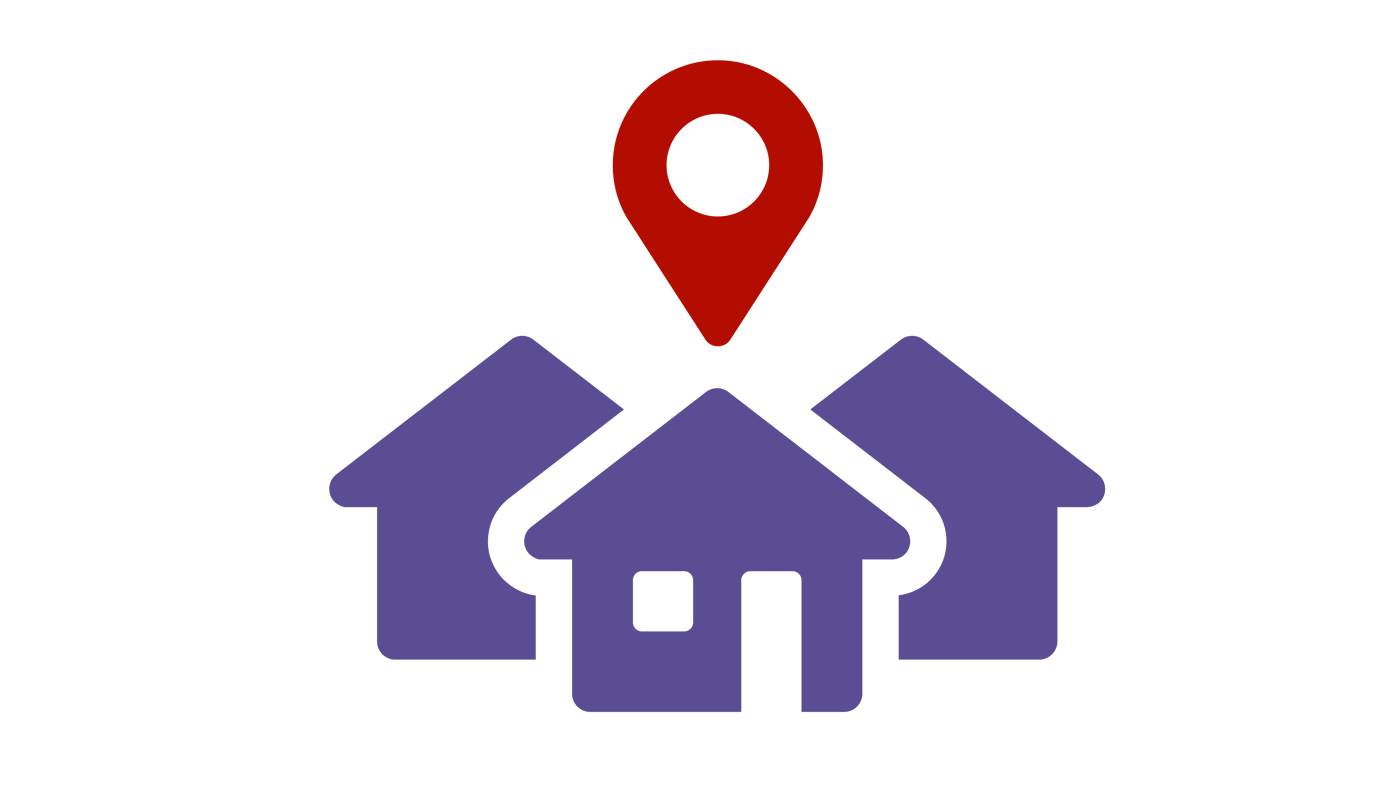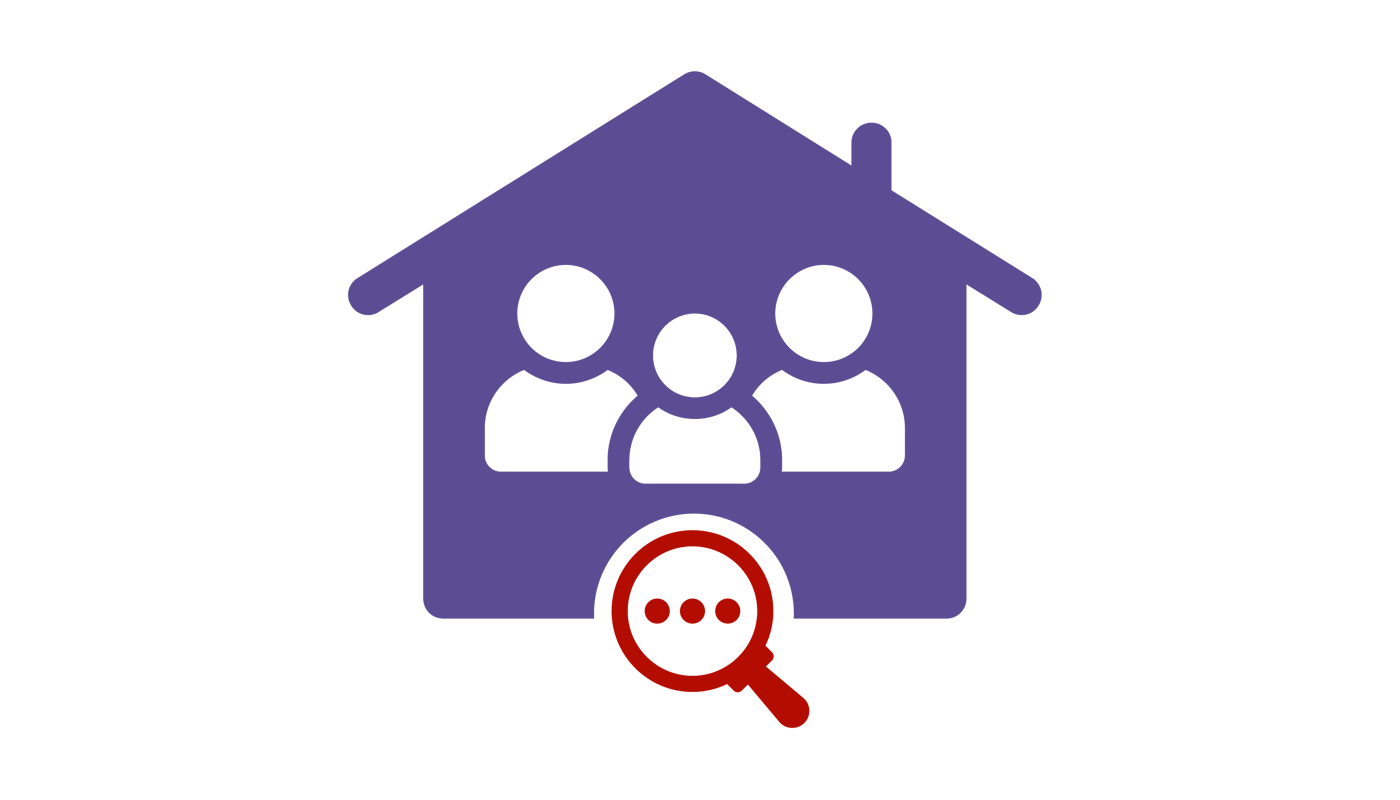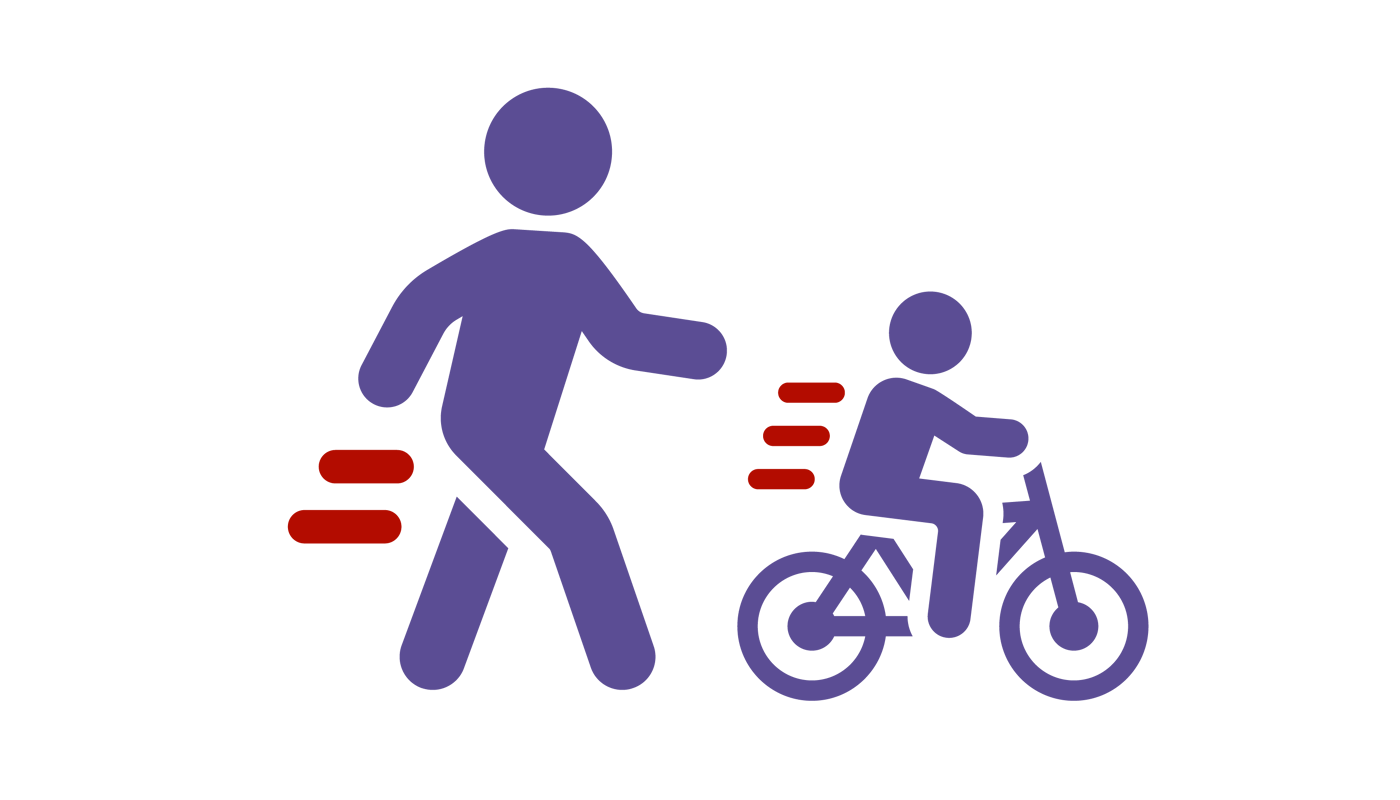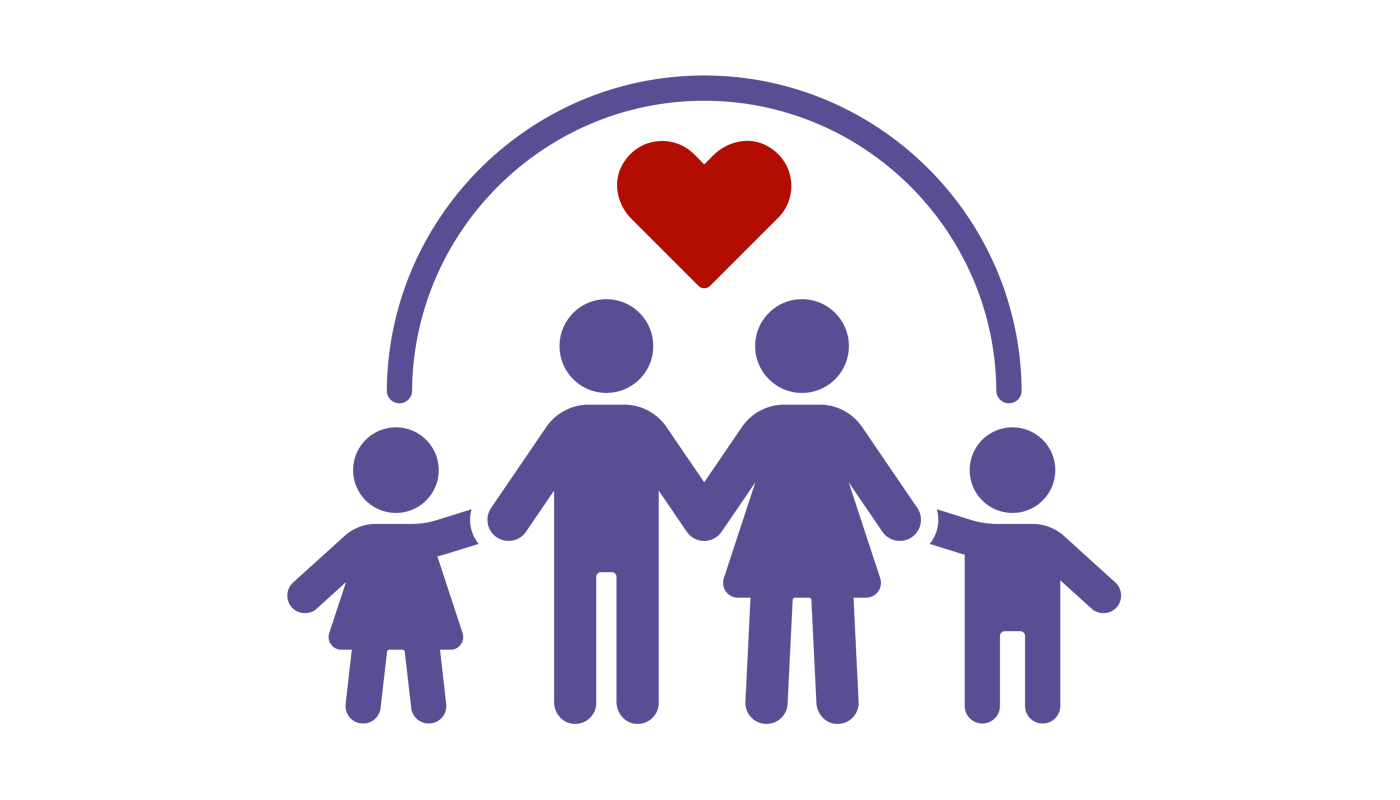What is the OPTIMA Project?
The OPTIMA project aims to investigate the true impact of 20-minute neighbourhoods, how they may benefit our communities and also confirm/verify/evidence the possibility that 20-minute neighbourhoods may contribute to greater health inequalities across Scotland.
If you are interested in getting involved inthe OPTIMA project please contact Jonathan Stokes.
Come see us at Glasgow Science Festival - 15th June 2025 https://www.gla.ac.uk/events/sciencefestival/
What are 20-minute neighbourhoods?
Scotland wants to create something called "20-minute neighbourhoods" (20MNs) all over the country. Other places in the UK and the world are doing similar. In a 20MN, local communities can easily get to daily services like stores offering healthy produce, schools, healthcare, and parks within a short walk or bike ride from their homes (20-minute return trip).
One of the goals of creating these 20MNs in Scotland is to reduce health inequalities. For example, by making sure those living in poorer areas can be active, engage with their community, and have better access to healthy food.
20MNs can be implemented in different ways. For example, public or business building to bring new services near to homes. Or pedestrian zones and bike lanes to make active travel easier. These changes to existing places take a long time and are very high cost.
Why are 20MN Important?
Why should we be thinking about 20-minute neighbourhoods now?
The Scottish government has set aside £325 Million over 5 years to help start these neighbourhoods. But only 1 in 5 places is currently a 20MN. The total cost and time will be a lot more. For example, one new planned 20MN near Edinburgh is estimated at £1.3 Billion, with £16 Million of public money to start it.
Now, local governments have the job of making these 20MNs a reality. They need to figure out where to spend money, and whether to approve future plans for years to come.
Will 20-minute neighbourhoods really improve the health and wellbeing of our communities?
We found that current plans were not clear how these 20MNs will make people healthier. Some think that more people will be healthier because they'll be moving around more. Some also worry that 20MNs might also make it easier for people to access unhealthy things, like alcohol or gambling. There's also a worry that making places better might raise prices and rents, making it hard for people to stay over time. There is therefore a real chance that health inequalities might get worse.
There is a lack of evidence for those making policy to draw on. Making decisions without good evidence can lead to big problems and money wasted.
How will the OPTIMA project help reduce health inequalities?
We're a group of experts in different fields working together. We’ll talk with people in communities and those making the decisions throughout the research process. We’ll share our evidence with them in ways that are easy to understand and act upon through our co-production. Public input helped us design this project, and it will help lead it.
We are going to provide evidence to make better decisions possible to reduce health inequalities. We will:

Review existing data
Look at what is already known about how bringing services closer to people affects health and inequalities internationally. Also, co-produce evidence with the community and with decision-makers. We'll use their lived experience to reveal how people really make decisions on how to travel to and use services.

Identify places in need
Put together data on where services currently are in Scotland and who lives there. We’ll use our existing data as a start and identify places with the highest needs and worst services as priorities.

Use computer model testing
Put all this knowledge and data together in a computer model of how things might change over time. We'll test this model and then see what might happen in the long-term with health inequality in different situations. This can inform best buys, before money is spent, and warn about and deal with unexpected problems for plans already in progress. This is already done for other policy topics and in business, but lacking in public health.

Implement research findings
Use real data and changes that have already happened to plan more tests and further improve the evidence.
Funding
This project is funded by the NIHR Public Health Research Programme (NIHR160301). The views expressed are those of the author(s) and not necessarily those of the NIHR or the Department of Health and Social Care.

